Human Dignity in Health and Human Services: An Op-Ed Analysis
VerifiedAdded on 2020/05/04
|5
|1053
|42
AI Summary
The opinion editorial titled 'Human Dignity in Health and Human Services' addresses a critical issue faced by healthcare professionals: the erosion of human dignity within health services. It opens with an account involving Dr. Ronald Wyatt, who encountered a distressed couple seeking answers about their deceased daughter's treatment two years prior. This narrative sets the stage for a broader discussion on the threats that medical professionals face and the ethical implications thereof.
The editorial prompts readers to consider where healthcare is headed as it increasingly involves incidents of violence against doctors from patient families dissatisfied with outcomes, despite exhaustive efforts by medical teams. The question arises: why are doctors under such scrutiny? One contributing factor identified is the expansion of private hospitals, whose profit-driven admission processes can delay critical care and infringe upon patients' rights to timely treatment. This bureaucratic approach strips away patient dignity and may lead to tragic consequences.
Furthermore, the piece points to a rise in extreme emotional reactions as another cause for hostility towards healthcare providers. When treatments fail to save lives, families often direct their anger at those who administered care, resulting in physical confrontations with medical staff. The editorial argues that such outbursts are not only unwarranted but also detract from the core mission of healthcare.
In conclusion, the op-ed calls for governmental intervention to enforce guidelines ensuring patient dignity and safety within private hospitals. These measures would include immediate care protocols, circumventing protracted admissions that can lead to fatalities or violence. Through these recommendations, the editorial underscores a collective responsibility to uphold human dignity in health services.
1 out of 5
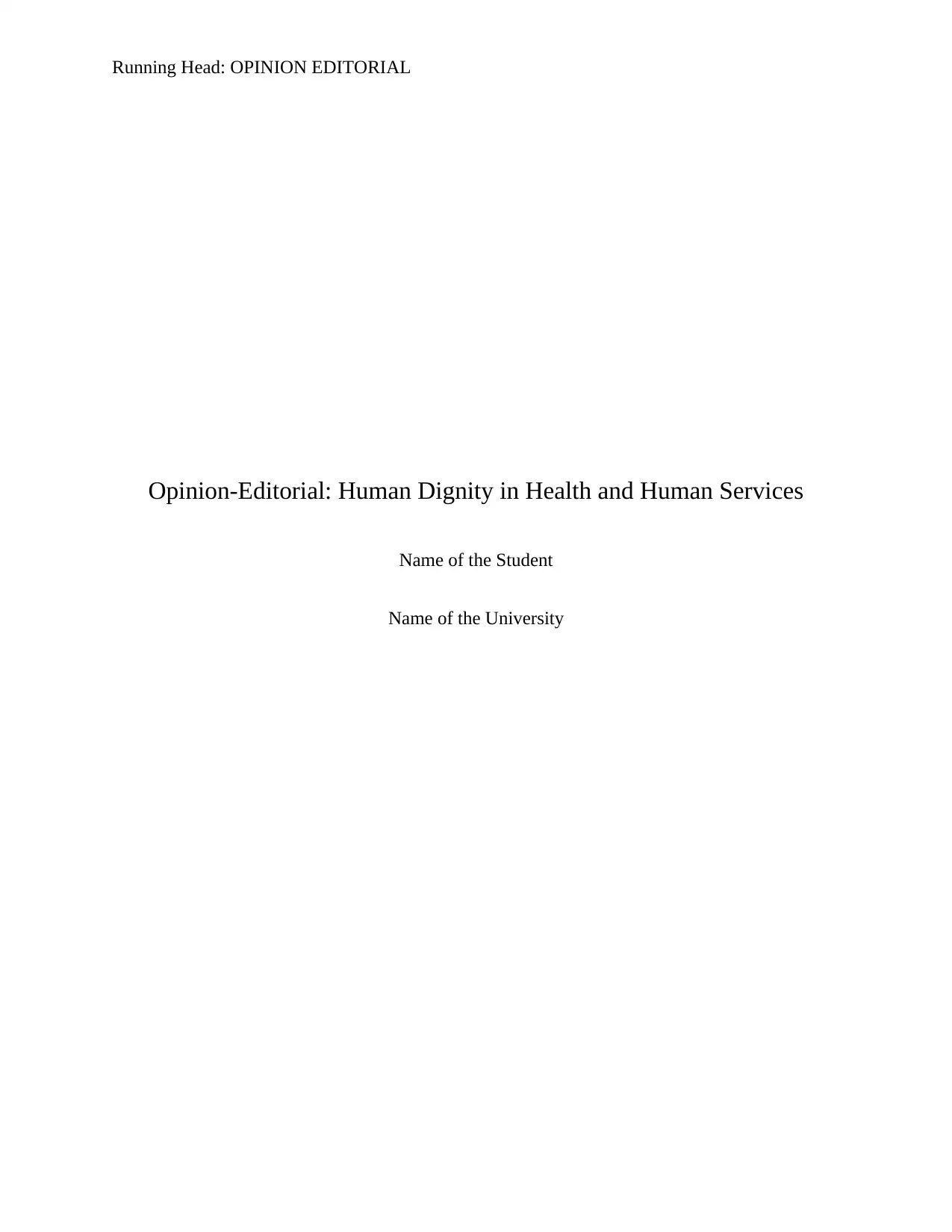
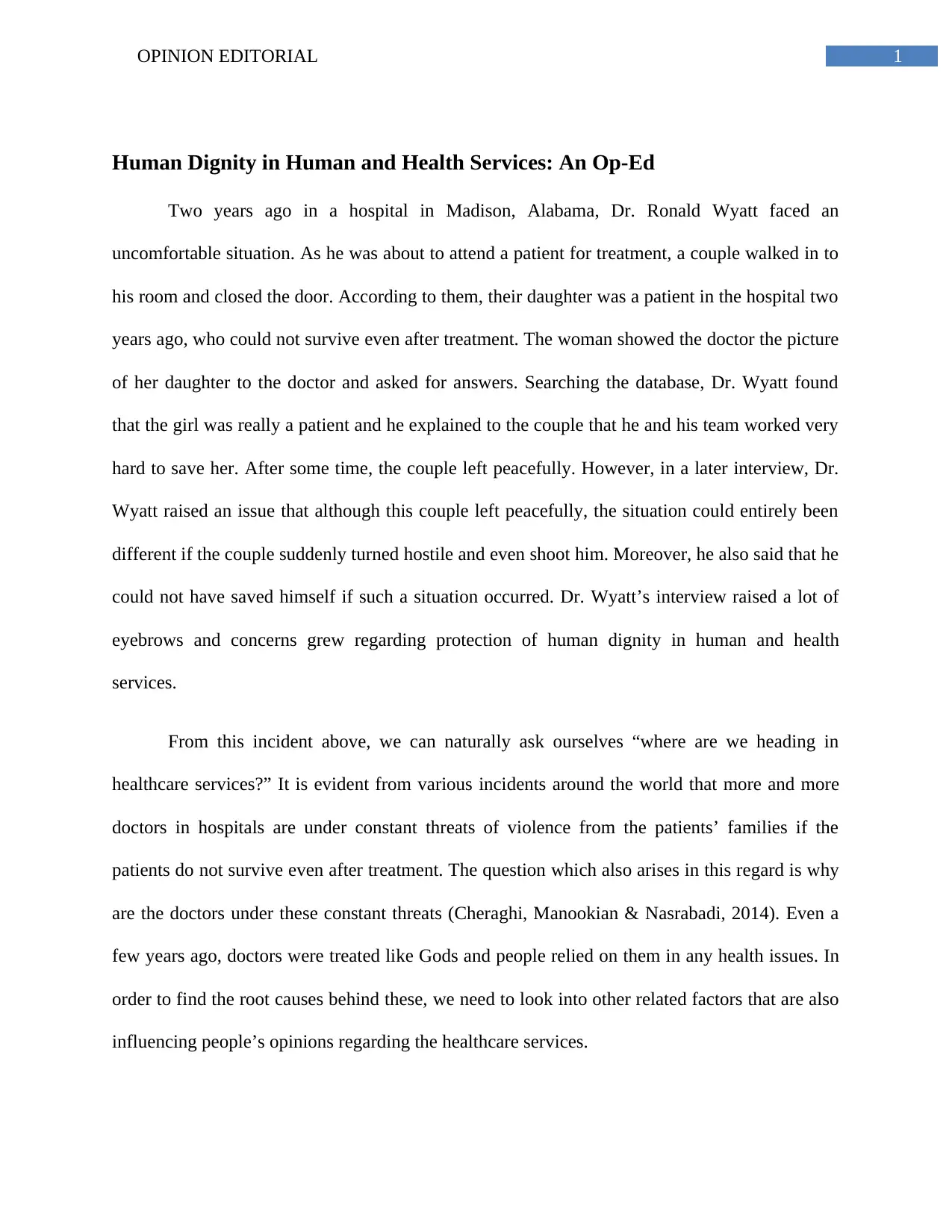
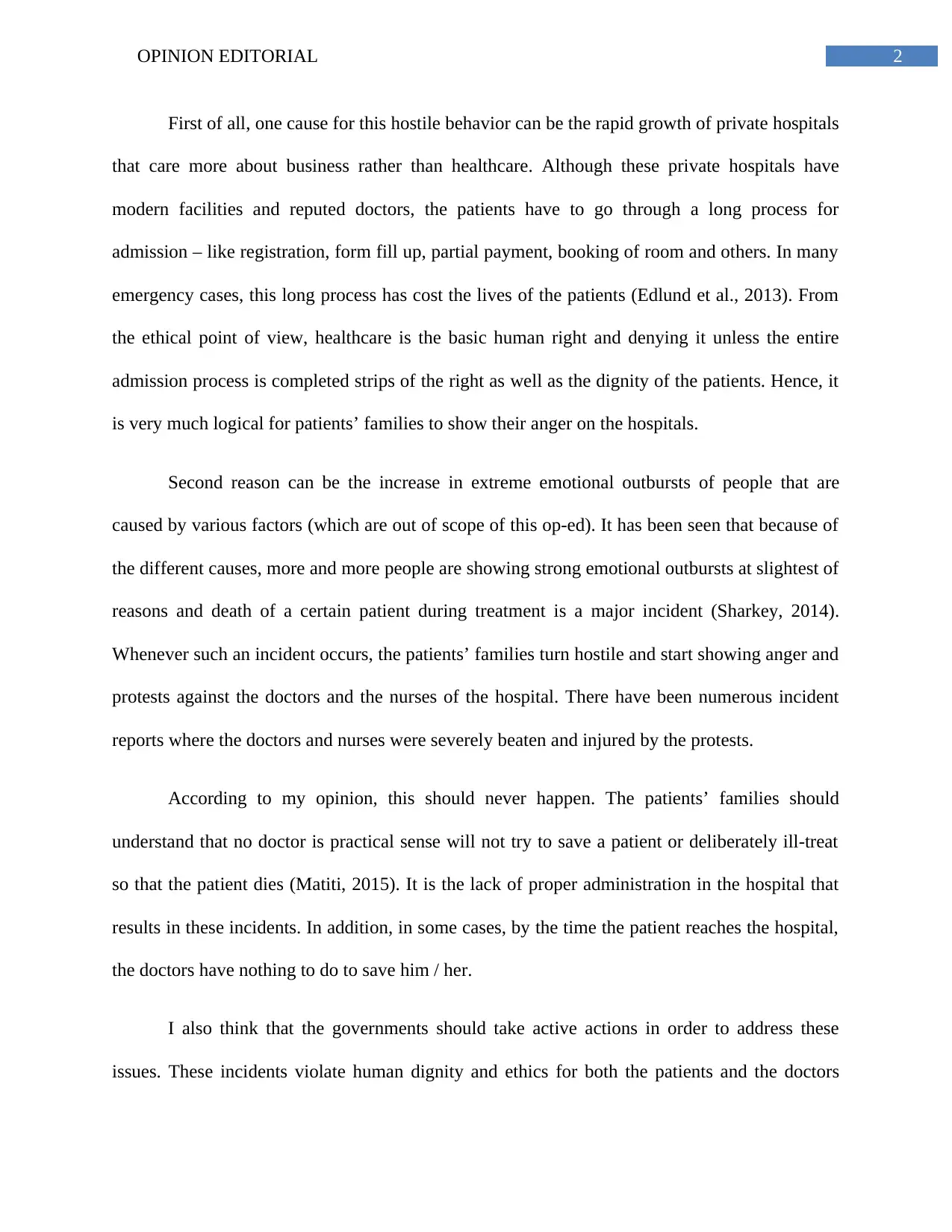

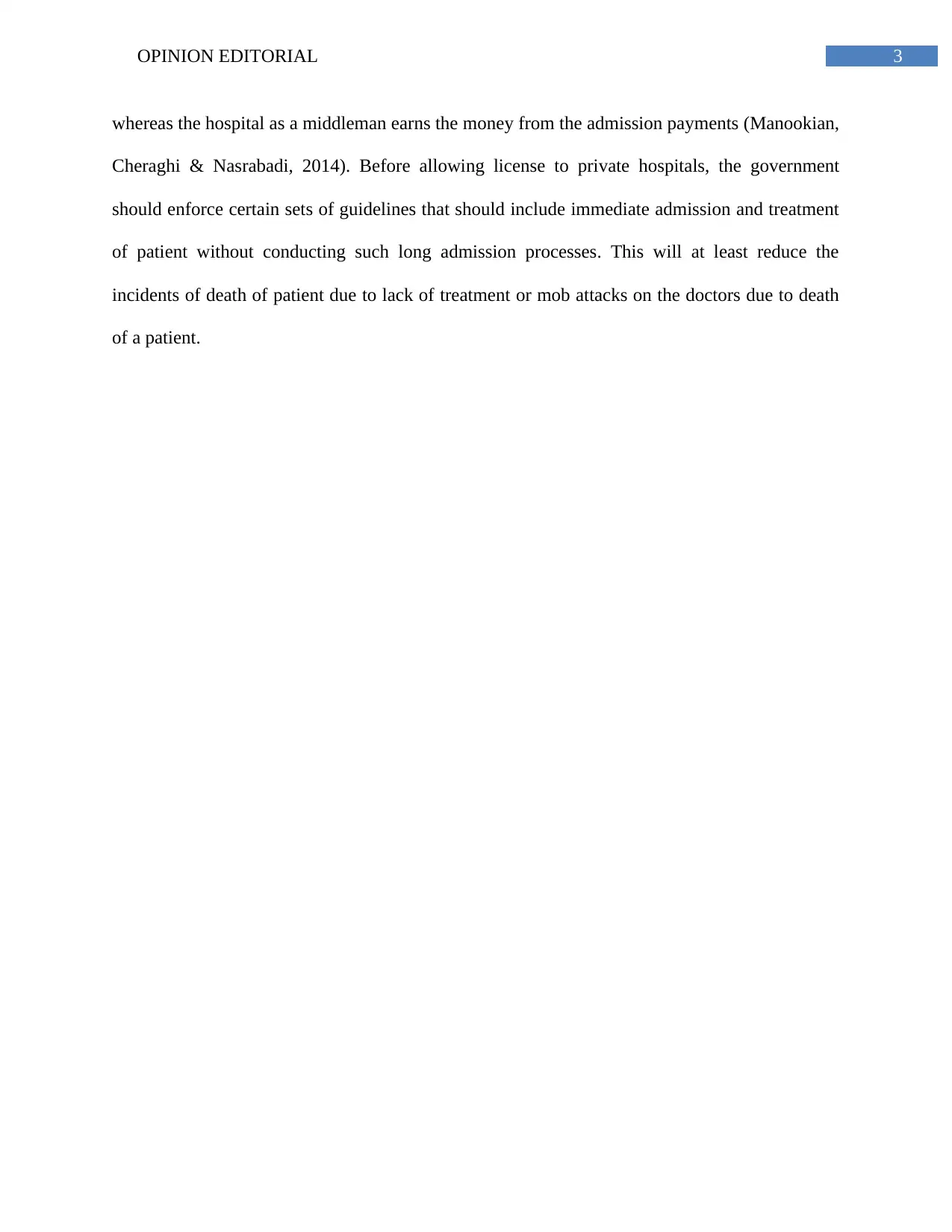
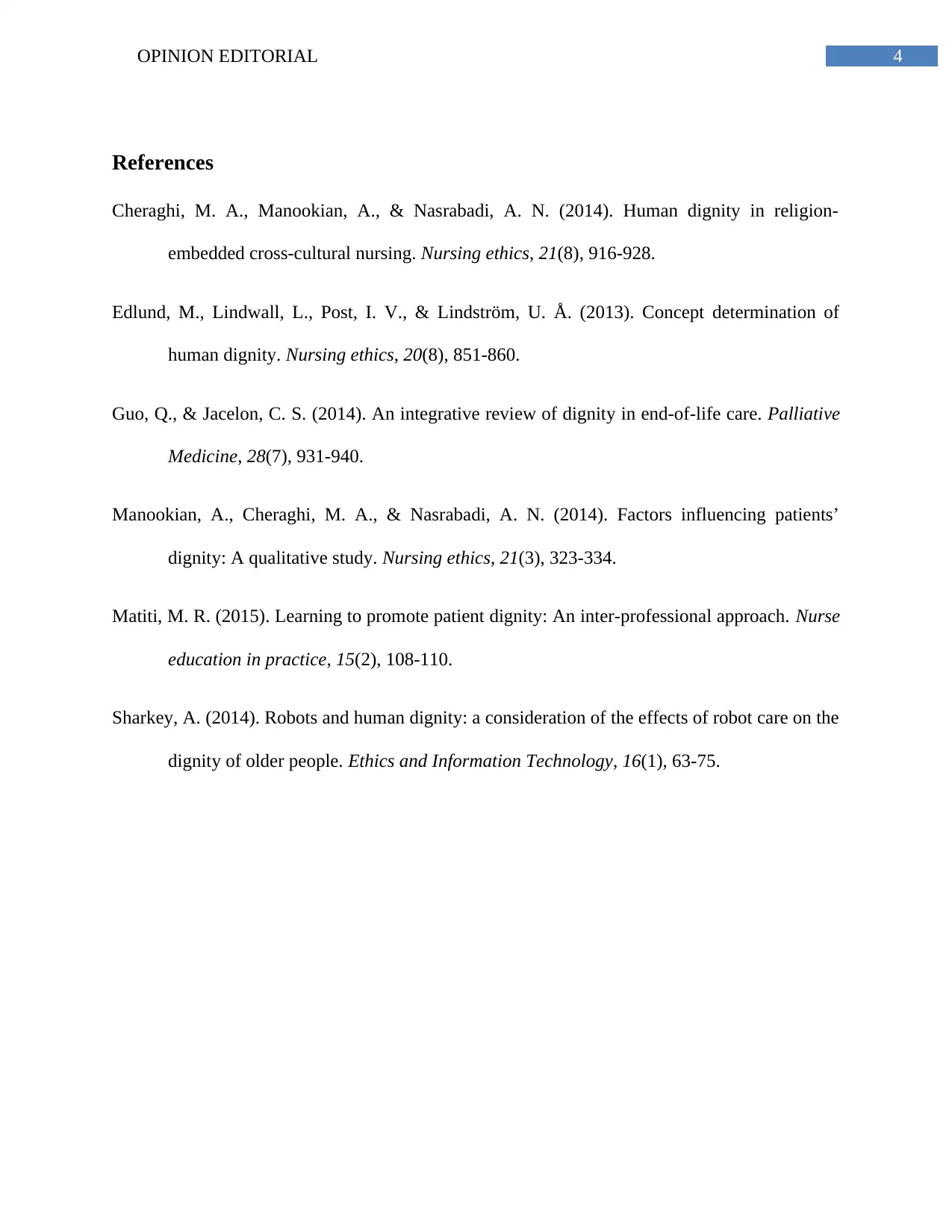
![[object Object]](/_next/static/media/star-bottom.7253800d.svg)